Three Decades in Ethiopia
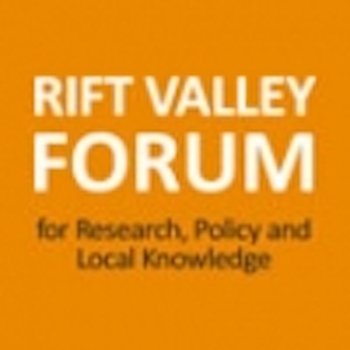
Ethiopia has gone through profound and sweeping changes in three decades—from the fall of the Derg and the establishment of the Federal Democratic Republic, through war and famine, to the spectacular development and economic growth of the last ten years. Few countries have experience such dramatic changes in so short a time. Terrence Lyons and […]
“There Is No Time Left”: Climate Change, Environmental Threats and Human Rights in Turkana County, Kenya

In Kenya’s Turkana county, home to 1.2 million people, increased temperatures and changing rainfall are threatening the grazing lands that are the foundation of the region’s pastoral lifestyle and livelihoods. At the same time, large scale development in Ethiopia’s lower Omo river valley is likely to reduce water flowing into Lake Turkana—the world’s largest desert […]
PSRP Women & Peace Agreements Database launch

The Political Settlements Research Programme (PSRP) launched its new Women and Peace Agreements Database (PA-X Women). The database is available at: www.peaceagreements.org. The database lists all the peace agreements between 1990 and the present day which have provisions on women, gender or sexual violence, and provides full search features for what those provisions deal with. The background, methodology […]
The Great Migration Debate
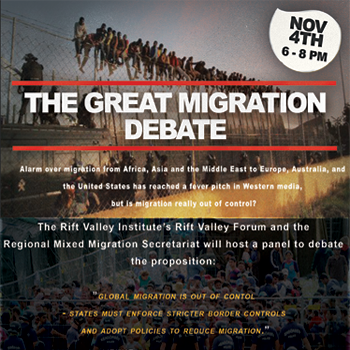
Two hundred and thirty people attended The Great Migration Debate on the evening of 4 November 2015, hosted by the Rift Valley Institute’s Rift Valley Forum, the Regional Mixed Migration Secretariat (RMMS) and the Swiss Agency for Development Cooperation. The event took place at the Louis Leakey Auditorium at the Nairobi National Museum, and featured a panel […]
Hiding in Plain Sight: Nuruddin Farah at 2015 Kwani? Litfest
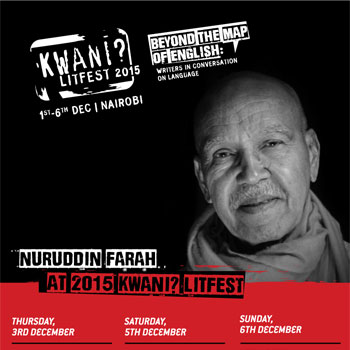
On Saturday 5 December the Rift Valley Forum and Kwani? Litfest 2015 hosted Nuruddin Farah for the launch of his book Hiding in Plain Sight. Nuruddin, a frequent guest of the Rift Valley Forum, is the winner of the Neustadt International Prize for Literature and the Lettre Ulysses Award, and has been nominated for the […]
South Sudan: Beyond the ceasefire
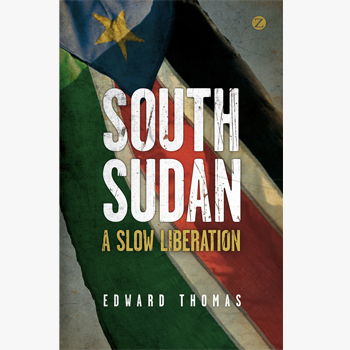
After fifteen months of civil war in South Sudan, regional and international mediators continue to broker talks for a permanent ceasefire and power-sharing arrangement acceptable to both sides. But such a settlement will be just the beginning of a process towards lasting stability in a country where the potential for conflict is rooted in a […]
Launch of The Economics of Elections in Somaliland
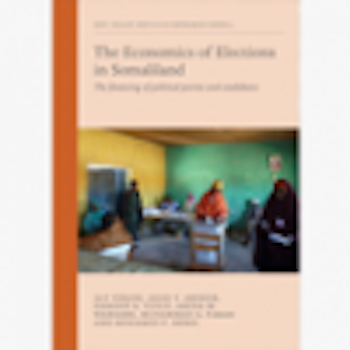
On 9 February 2016, the Rift Valley Institute’s Rift Valley Forum will host a panel discussion launching the report of the study The Economics of Elections in Somaliland: The financing of political parties and candidates. After the November 2012 elections in Somaliland, candidates, political parties and political associations reported that spending on individual campaigns had […]
The Politics of Peace in the Ogaden

The armed conflict between the Ogaden National Liberation Front and the Ethiopian state is one of the longest running conflicts in the Horn of Africa. While multi-ethnic federalism, enshrined in Ethiopia’s 1995 Constitution, held the promise of improved relations between the people of the Somali Regional State of Ethiopia and the Ethiopian federal government, repeated […]
Plundered Sea

It is difficult to know how much Somalia loses to illegal fishing by foreign vessels, but estimates range from USD 100 million to over USD 450 million per annum. Illegal fishing costs Somalis jobs in fishing and post-harvest fish processing, and it costs the Somali state revenue that could be secured from landing fees, licenses, […]
Building Evidence into Policy and Practice in Kenya

Considerable time and effort are expended on monitoring and evaluation and on studies to improve humanitarian response in the East African region, but little is known about how the resulting evidence is used and valued by different actors in the humanitarian system. In 2014, to shed light on this, DFID supported Development Initiatives to conduct […]
